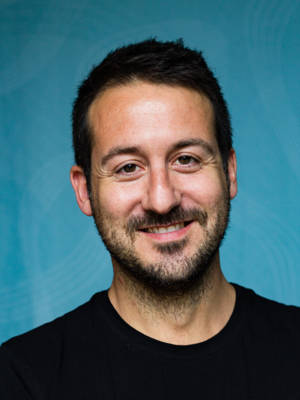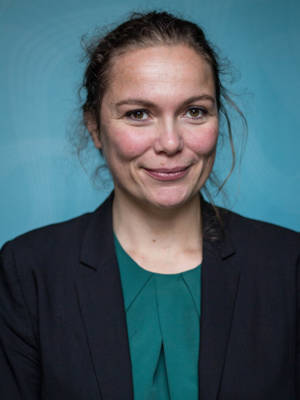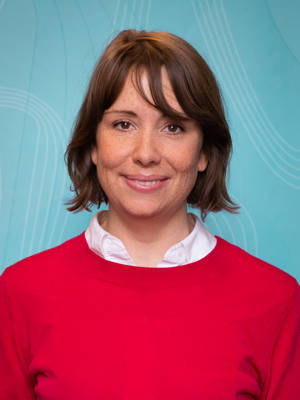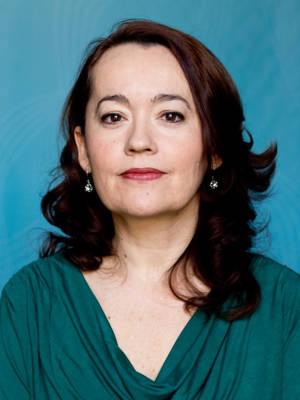The war unfolding in Yemen has developed into the world's biggest humanitarian catastrophe. According to the United Nations, an estimated 24 million people in the country need assistance or protection, more than 20 million are food insecure, and half of them are suffering from extreme hunger. This situation is caused by a multi-layered war that juxtaposes a civil-war dimension, a counter-terrorism dimension, a regional dimension, and a humanitarian dimension involving major actors such as Saudi Arabia, Iran, and the United Arab Emirates. Whereas the intricacies of the conflict are often difficult to comprehend, the scale of the humanitarian disaster demands further attention from the policy circles, humanitarian NGOs, and civil society.
The project will pursue three lines of inquiry:
- Discussing the impact of shifting global structures on the regional dynamics of the Middle East, from which perspective Yemen appears as an arena for regional power politics.
- Analyzing how emerging humanitarian actors (in particular UAE and Saudi Arabia) have tried to frame their bombings, and how NGOs have responded to this. This relates to the notion of politicised humanitarianism, i.e., when humanitarian donors use aid for political purposes.
- Understanding the unintended consequences of humanitarian action, bringing in the crucial role of local authorities in shaping humanitarian aid.
While the purpose of this project is not to provide definitive answers to these questions, it will allow the team to discuss them during internal workshops and a public seminar with external experts. These lines of inquiry provide a structure for future research and for project development.















